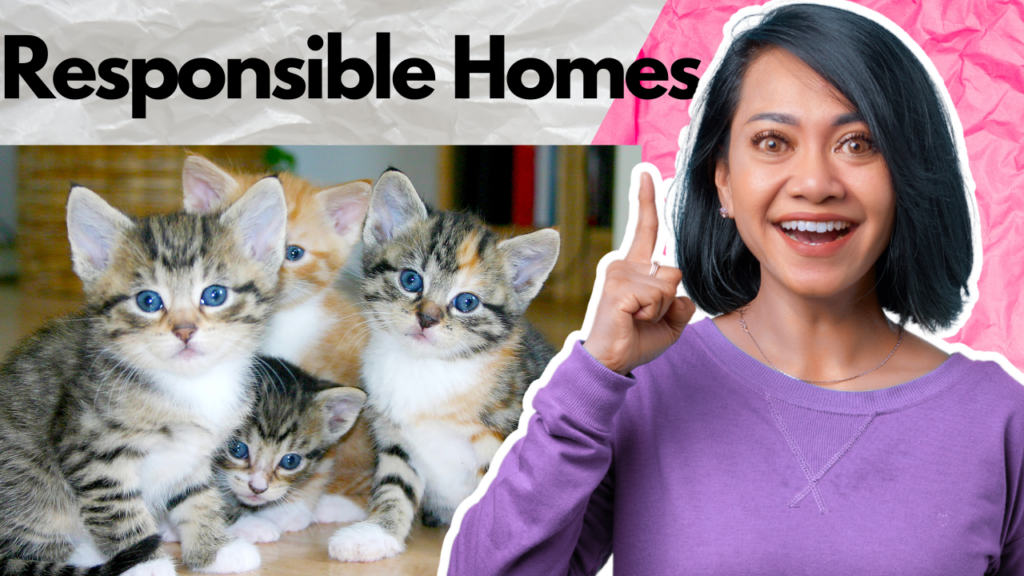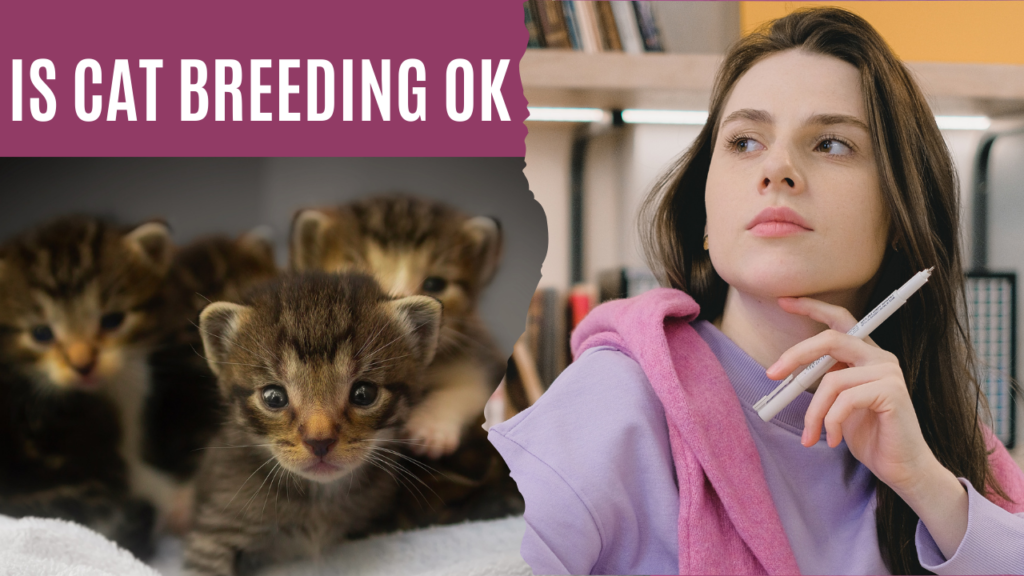When contemplating cat breeding, many potential breeders face a multitude of questions. Is it ethical? What responsibilities come with breeding? This article provides an in-depth look at cat breeding, addressing its ethical considerations, responsibilities, and best practices to ensure the health and welfare of both the parent cats and their kittens.
Understanding Cat Breeding
Cat breeding involves the intentional mating of cats to produce specific traits or characteristics. While some individuals pursue this for financial gain, responsible breeders focus on the betterment of the breed and the health of the animals.
The Ethical Dilemma
The primary question surrounding cat breeding is whether it is ethical. Here are several factors to consider:
- Breed Health: Some breeds are more prone to genetic disorders due to inbreeding. It is vital to understand these issues and select breeding pairs that minimize health risks.
- Homelessness Crisis: In many regions, shelters are overcrowded with cats. Contributing to this crisis by breeding cats without homes to go to raises significant ethical concerns.
- Quality vs. Quantity: Ethical breeding focuses on producing healthy kittens rather than merely increasing numbers. Responsible breeders are selective about breeding practices and prioritize the well-being of their cats.
Responsibilities of a Cat Breeder

Knowledge and Education
Before embarking on a breeding journey, potential breeders must invest time in learning about:
- Feline Genetics: Understanding basic genetics can help avoid hereditary issues. Breeders should familiarize themselves with dominant and recessive traits to make informed breeding choices.
- Health Screenings: Regular health checks and genetic testing for both parents can prevent the transmission of hereditary diseases.
Breeding Practices
Responsible breeding involves careful planning and a commitment to the welfare of the animals involved. Key practices include:
- Selecting Breeding Pairs: Choose pairs with complementary traits and minimal health risks. This helps produce healthy, well-adjusted kittens.
- Keeping Records: Document all health tests, breeding dates, and the lineage of both parents. This information is invaluable for future breeding decisions and can also help new owners understand their kittens’ backgrounds.
For more detailed insights on breeding practices and the journey to becoming a successful cat breeder, check out our post”The Comprehensive Guide to Becoming a Successful Cat Breeder-2024“
Caring for Pregnant Cats and Kittens
Once breeding occurs, the focus shifts to the health of the pregnant queen (female cat) and her kittens. Essential considerations include:
- Nutrition: Pregnant cats require a balanced diet enriched with nutrients to support their health and the development of their kittens.
- Veterinary Care: Regular check-ups during pregnancy ensure that any potential complications are addressed promptly. After birth, kittens should also receive vaccinations and health checks.
Socialization and Early Development of Kittens
Socialization plays a crucial role in a kitten’s development. Early experiences shape their behavior and temperament. Breeders should:
- Introduce Various Stimuli: Expose kittens to different sounds, sights, and interactions with people and other animals. This helps them develop into well-adjusted adults.
- Provide Enrichment: Toys and safe play areas foster healthy development. Engaging kittens in play helps them learn important social skills.
Finding Responsible Homes for Kittens
Once the kittens are old enough to be adopted, finding suitable homes is paramount. Here’s how to approach this task responsibly:
Screening Potential Owners
It is essential to vet potential owners to ensure they are ready for the commitment of cat ownership. Breeders should consider:
- Lifestyle and Environment: Assess whether the owner’s home and lifestyle align with the needs of a cat.
- Commitment to Care: Discuss the responsibilities of cat ownership, including health care, diet, and social needs.
Adoption Contracts
Consider using adoption contracts to outline the responsibilities of both the breeder and the new owner. Contracts can include:
- Spay/Neuter Agreements: Encouraging or requiring spaying or neutering can help prevent unwanted litters in the future.
- Return Policies: Establishing a policy for returning cats if the new owner cannot care for them can reduce the number of cats ending up in shelters.
Challenges in Cat Breeding
Financial Considerations
While breeding can be profitable, it also comes with financial responsibilities. Costs include:
- Veterinary Care: Regular check-ups, vaccinations, and emergencies can add up.
- Supplies: Quality food, litter, and other necessities for both the mother and kittens are ongoing expenses.
Time Commitment
Breeding requires a significant time commitment. Breeders must be prepared to dedicate time to:
- Caring for Cats: This includes regular feeding, cleaning, and socialization.
- Monitoring Health: Staying vigilant about the health of both the mother and her kittens is crucial.
Conclusion: Is Cat Breeding OK?
In conclusion, cat breeding can be ethical and responsible if done with care and consideration. Potential breeders must prioritize the health and welfare of their cats, adhere to best practices, and be mindful of the broader implications of their actions. By doing so, they can contribute positively to the world of feline companionship.
While breeding is not for everyone, those who approach it with dedication and responsibility can make a significant impact on the lives of their cats and their kittens.
# external links
If you want to know in more detail, be sure to check out this source


